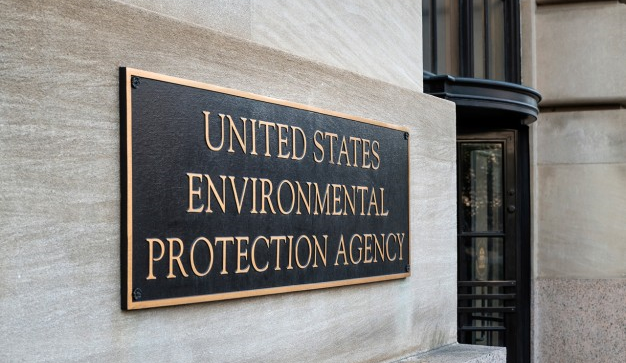Sustainable Pulse - Jan 31, 2020
The U.S. Environmental Protection Agency (EPA) has continued its glyphosate cover-up by announcing Thursday that they have finished and published their regulatory review and found that glyphosate is ‘not a carcinogen’.

In a statement released Thursday the agency said; “EPA has concluded that there are no risks of concern to human health when glyphosate is used according to the label and that it is not a carcinogen.”
The EPA’s findings contradict the findings of a working group of 17 experts from 11 countries from the International Agency for Research on Cancer (IARC), who in 2015 classified glyphosate as a ‘Probable Human Carcinogen’.
Also in 2015 Sustainable Pulse uncovered a 30 year cover up by Monsanto and the EPA, related to the probable carcinogenicty of glyphosate, the World’s most used herbicide and according to Sustainable Pulse Director, Henry Rowlands, “as expected the cover-up simply continues.”
Rowlands continued “One thing that helps the EPA continue to assist companies such as Bayer/Monsanto to harm public health, is the fact that there are a lack of independent comprehensive studies out there on the harm being caused globally by glyphosate-based herbicides, due to a lack of available funding. This is something that the Global Glyphosate Study is trying to put right.”
Bayer / Monsanto, which produces the glyphosate-based herbicide Roundup, is currently facing more than 75,000 court cases in the U.S., some of which have already proven that Roundup is carcinogenic and specifically that it causes non-Hodgkin’s lymphoma.
Dr. Charles Benbrook, Project Coordinator of the Heartland Study, reacted to the EPA’s announcement; “I am flabbergasted at this decision. There is NOTHING — ZERO — in the EPA decision to reduce worker exposures and risks.
How can the EPA ignore the thousands of comments highlighting the need for EPA to recover its spine and require Bayer/Monsanto and other registrants to take out the high-risk surfactants in glyphosate-based herbicides (GBHs), so the GBHs sold in the US are as safe as the reformulated products now sold in Europe?
And why did the EPA not require registrants to add onto labels a requirement for mixer-loaders and applicators to wear gloves, long sleeve pants, chemical-resistant shoes (aka rubber boots), especially for applicators using hand-held equipment and spraying a GBH for several hours per day, over many days per year, as part of their job, or in keeping up with weeds on their rural property, homestead, or farm?
This irresponsible action by the EPA sets the stage for a concerted campaign by activists and public health advocates to ban all uses of GBHs. For obvious reasons, their prime target won’t be this EPA, and will instead focus on major food companies.”
Food companies are already reacting in the U.S. and elsewhere around the globe by signing up to The Detox Project’s Glyphosate Residue Free certification for their products, which is now one of the fastest growing certifications in North America.
“It is time for consumers to show our industry-supporting government regulators that it really doesn’t matter if they try to hide the truth, we can all make a difference by forcing change at the check-out,” Rowlands concluded.
